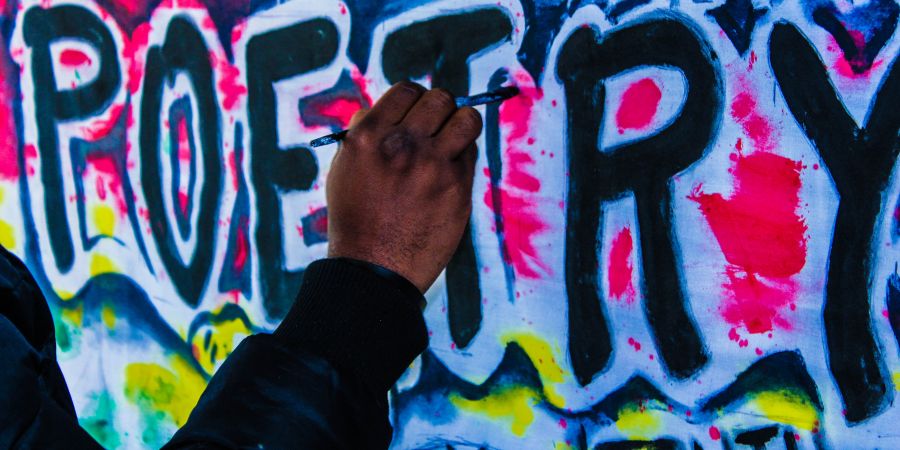

Sir Philip Sidney ( 30 November 1554 - 17 October 1586 ) was an English poet , courtier, scholar and soldier who is remembered as one of the most prominent figure of the Elizabethan age. His famous works include Astrophel and Stella, The Defence of Poesy ( also known as The Defence Of Poetry or An Apology For Poetry ), and The Countess of Pembroke's Arcadia.
In the beginning of his Apology, Sidney advances certain reasons to show that poetry should be high valued. The poets were the first light bringers to ignorance. At that time, the influence of poetry was a civilising one.
The Romans called the poet “ Vates ” which means a seer or a prophet, and in Greek the word ‘ poet ’ means ‘ maker or creator ’. The poet is a creator in the real sense of the term, for while all other arts are tied to Nature, the poet is not a slave to Nature. He is truly creative. The poet alone can fashion a perfect lover, a perfect friend, and a perfect valiant man, even though they are not found in Nature.
In the name of poetry, Sidney includes all imaginative literature, for him, verse is not an essential part of poetry. According to him, Verse is “ an ornament and no cause to poetry." However, he is conscious of the significance of verse, of the pleasure it brings, and though he does not consider it as the ‘ essence ’ of poetry, his pronouncements show that he regards it as an inseparable part of poetry. This is so because verse enables the poet to speak," wit , the dignity of the subject and not loosely " , it gives delight, and it is an aid to memory.
Sidney agrees with Plato that poetry is :
He defines poetry as an “ art of imitation ”. Sidney agrees with Aristotle that poetry is an imitation, but he regards imitation as a creative process. The poet does not copy merely, “ what is or has been, or shall " but he also transmutes the real and the actual and also attempts entirely new creation. He creates quite new forms such as were never in nature, as Demigods, furles, cyclops etc. This creative force in the poet is the result of divine inspiration.
This creation of the poet is not :
Poetry embodies something of a permanent and universal value. Aristotle believed that the poet arrives at the universal through the particular. However, Sidney believed that he does so, through the contemplation of ideal reality. Both find in poetry truths of the highest kind.
Now, let's understand the Function of poetry. The Function of Poetry :
Poetry not only conveys knowledge and ethical teaching, but it also moves and inspires to noble action. It has an elevating influence on the human soul, and so leads to well - doing. It is thus superior both to history and philosophy. Philosophy presents merely abstract precepts, which cannot be understood by the young. History deals with concrete facts or examples of virtue, but from the facts the readers must themselves derive universal or general truth. But poetry combines both these advantages. Poetry presents universal truths like philosophy, but it does so through concrete examples, like history. It also teaches virtue in a intelligible way even to the ordinary men.
Poetry does not merely gives us a knowledge of virtue, it also moves us to virtuous action. This is also because :
According to Sidney , poetry are of seven kinds :
These are the seven kinds of poetry.
In the end, Sidney considers one by one objections that were brought against poetry by Stephen Gosson and other puritans like him. And these objections are :
This is how Sidney interpreted The Doctrine Of Poetry as Imitation….


